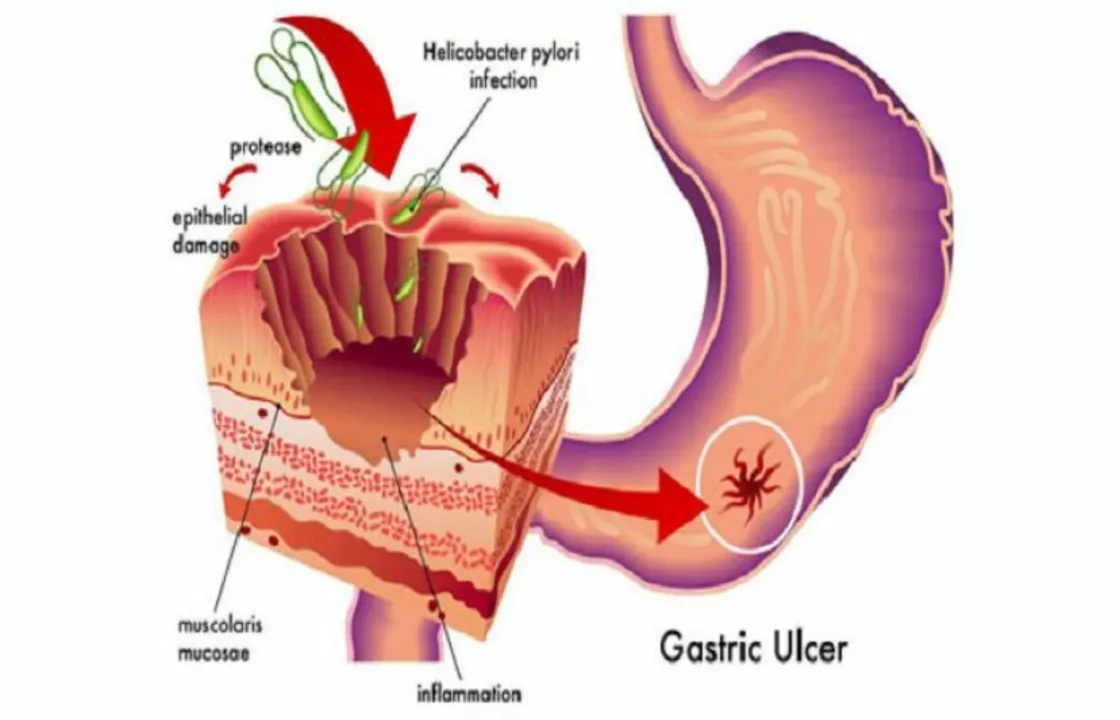Infection: Practical Guides, Treatments, and Prevention
Infections cause most people to scramble for answers. Here you'll find clear, practical articles about viral, bacterial, and parasitic infections — what works, what doesn’t, and when to get help. Instead of vague warnings, we give concrete steps: which drugs doctors commonly use, safe alternatives, and how to avoid scams when buying meds online.
Start with the right question: is this bacterial, viral, or parasitic? That matters because antibiotics help only bacteria. If symptoms follow a cold or flu, antivirals might help early on — for example, some antivirals are most effective within 48–72 hours of symptom start. For parasitic infections, drugs like albendazole are commonly used, but pregnant women need special advice; our albendazole pregnancy article answers common concerns from expecting moms.
Common infections and treatment options
For chickenpox and shingles there are antiviral options; our famciclovir piece explains how well it works versus other choices. For herpes, we list Valtrex alternatives and explain when switching medicines makes sense. If a bacterial infection needs treatment, the Zithromax alternatives article walks through safe substitutes and their pros and cons. And when cost or availability is an issue, check our guides on affordable inhalers and drug alternatives that are relevant for people juggling multiple conditions.
Buying medications online? Read our safe-buy guides. We cover how to spot legit pharmacies, what red flags to avoid, and practical tips for ordering common drugs like Epivir or Duphaston. Scammers often mimic real stores, so always verify pharmacy licensing, read recent reviews, and avoid sites that pressure you into buying without a prescription.
Simple prevention tips that actually work
Wash hands often with soap for 20 seconds, avoid close contact when sick, clean high-touch surfaces, and get vaccinated when eligible. For seasonal threats like reemerging influenza, good hygiene and timely vaccination are your best defenses. If you care for someone sick, use masks when needed and keep shared items like utensils separate until they recover.
When should you see a doctor? Seek care for high fever, severe pain, breathing trouble, rash that spreads quickly, or symptoms that don’t improve after a few days. Bring a list of medicines and recent treatments. If a drug change is needed, our comparison articles make it easier to discuss options with your clinician.
Use this tag page as a starting point: click articles that match your symptoms or concerns. Each post links to straightforward tips, drug comparisons, and safety advice so you can make smarter choices, protect your family, and know when to get medical help.
Quick checklist to act fast: note when symptoms started and write them down, check for high-risk signs (difficulty breathing, confusion, dehydration). For home care, rest, hydrate, use fever reducers per label, and avoid spreading infection by staying home. If a prescription is needed, prefer local pharmacies or verified online stores; look for pharmacy credentials, secure checkout, clear contact details, and recent customer reviews. Never share prescriptions and avoid offers that look too cheap — counterfeit meds are risky. Stay safe.

The link between ulcers and Helicobacter pylori infection
I recently came across some fascinating information about the link between ulcers and a bacterial infection called Helicobacter pylori. It turns out that the majority of ulcers are actually caused by this bacterium, and not by stress or spicy foods, as was once believed. H. pylori infections can be treated with antibiotics, which can ultimately lead to the healing of ulcers. This discovery has truly revolutionized the way we approach and treat ulcers. I'm glad I stumbled upon this, and I hope it helps others better understand the real cause of ulcers.
More Detail